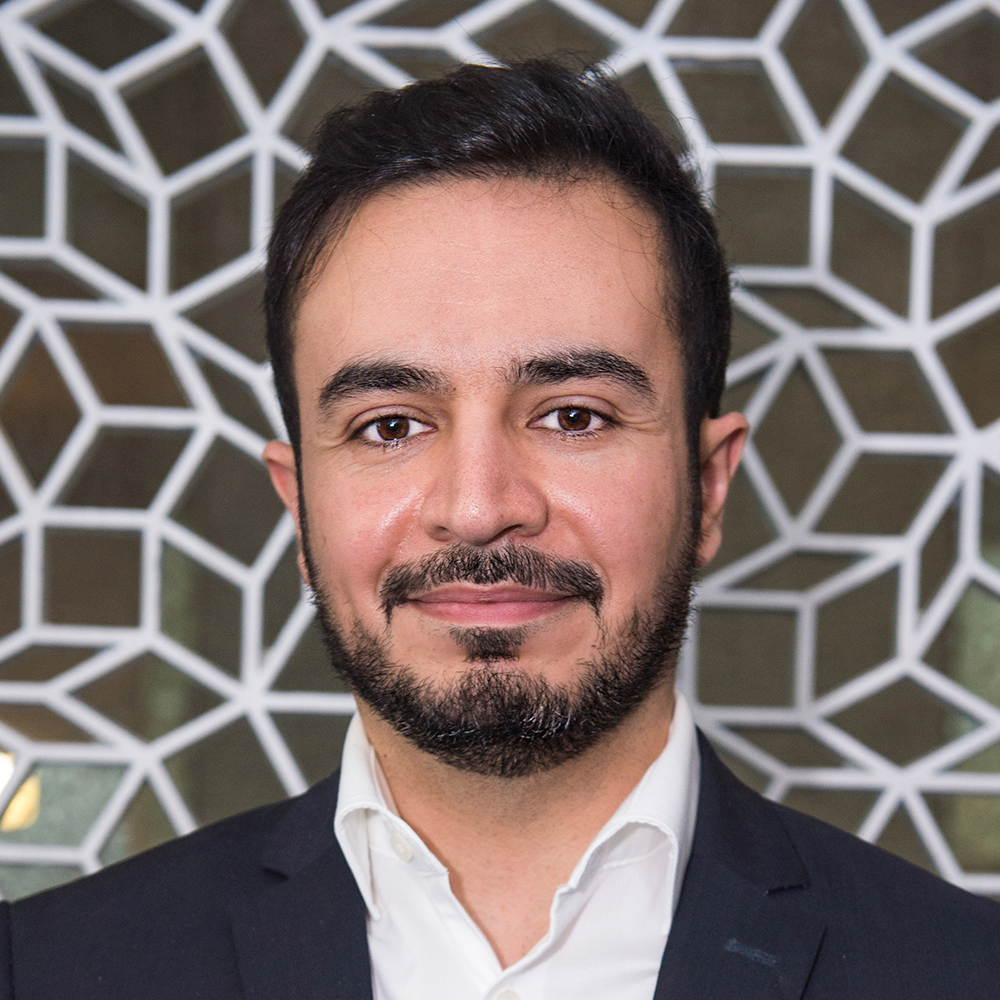Gestational diabetes is becoming a major health problem globally where it poses an increased risk of pre-and postnatal complications in both the mother and the fetus. Currently, gestational diabetes mellitus (GDM) diagnosis is performed late during the second trimester (24-28 weeks of gestation) using an Oral Glucose Tolerance Test (OGTT). Nevertheless, late diagnosis leads to reduced treatment efficacy and increased complications despite therapy. Accurate approaches for early diagnosis are still lacking, therefore research in this direction is urgently needed. To identify suitable methods for early GDM prediction, the team will perform the first large-scale genome-wide DNA methylation screening in pregnant women before and after GDM onset. The data will be used to identify differentially methylated regions (DMRs), which will enable the development of methylation risk scores and machine learning models for early GDM prediction. Samples collected at the Women's Wellness and Research Center (WWRC) of Hamad Medical Corporation (HMC), will be used to perform DNA methylation screening to test for the validity and accuracy of the models using the Qatar Birth Cohort Study (QbiC). Considering the high rates of gestational diabetes, such discoveries will be highly valuable to the health and well-being of women and children in Qatar.











